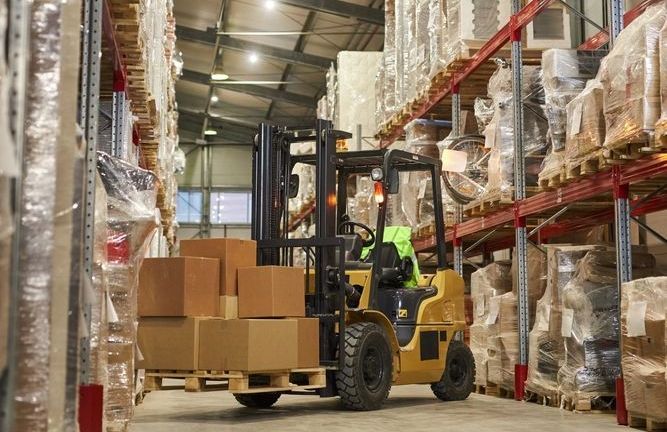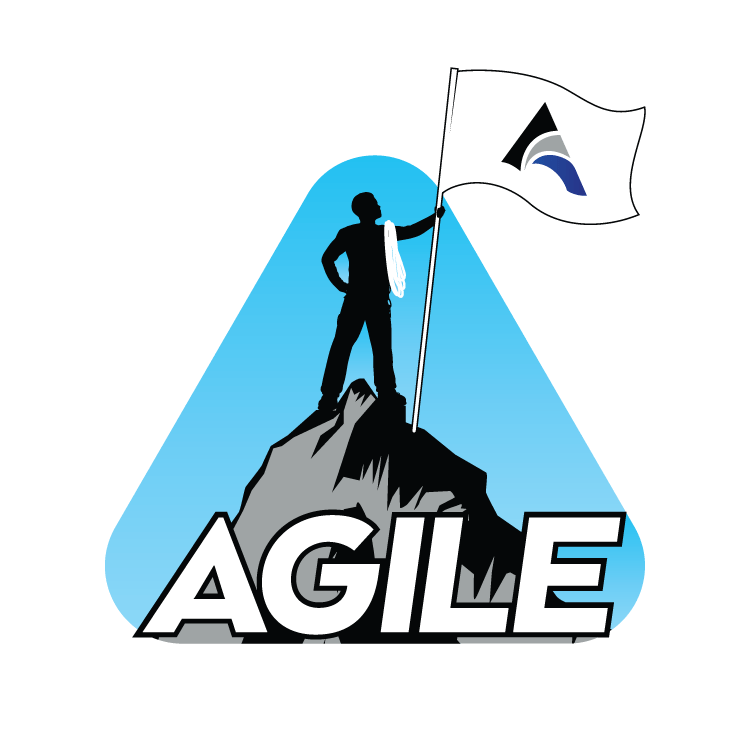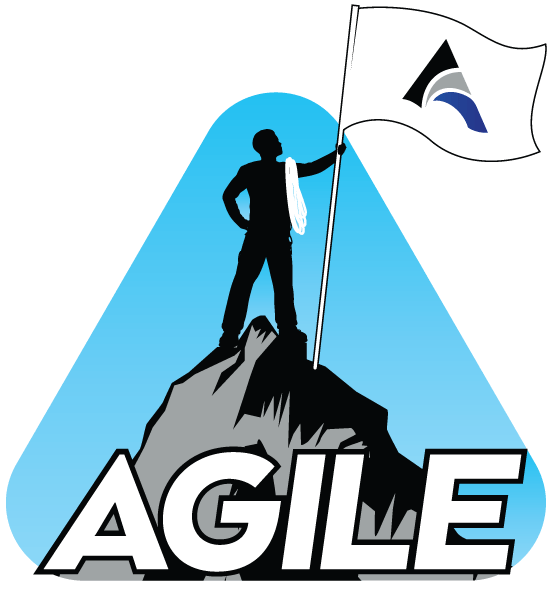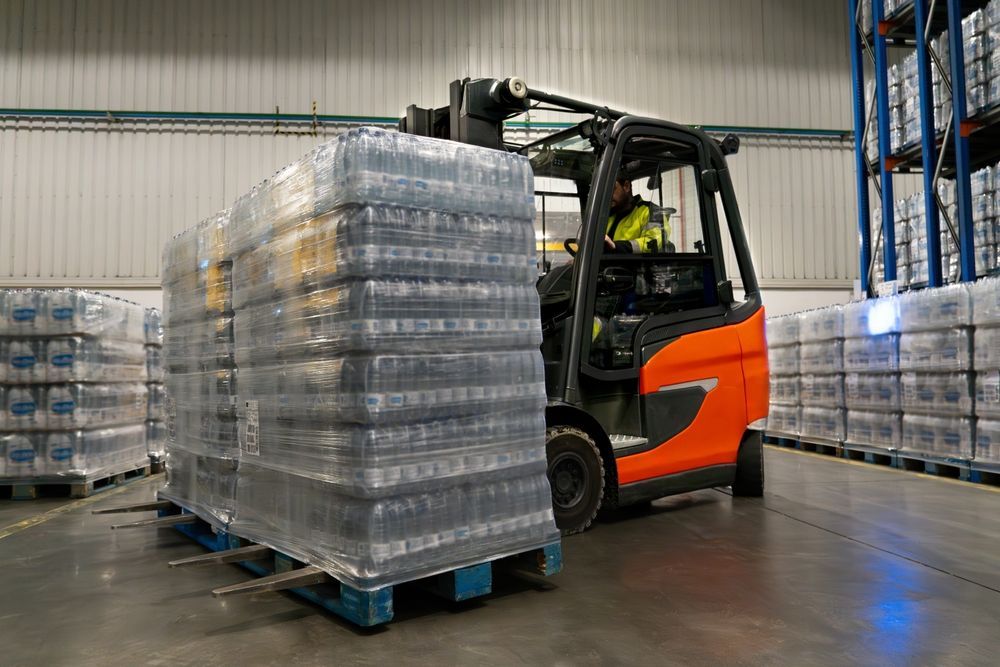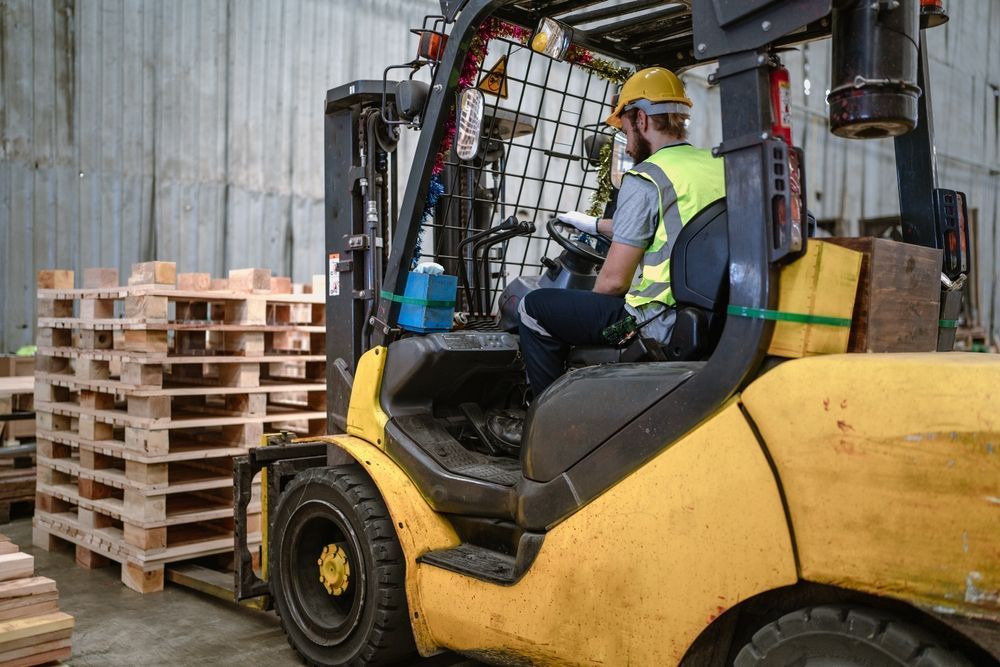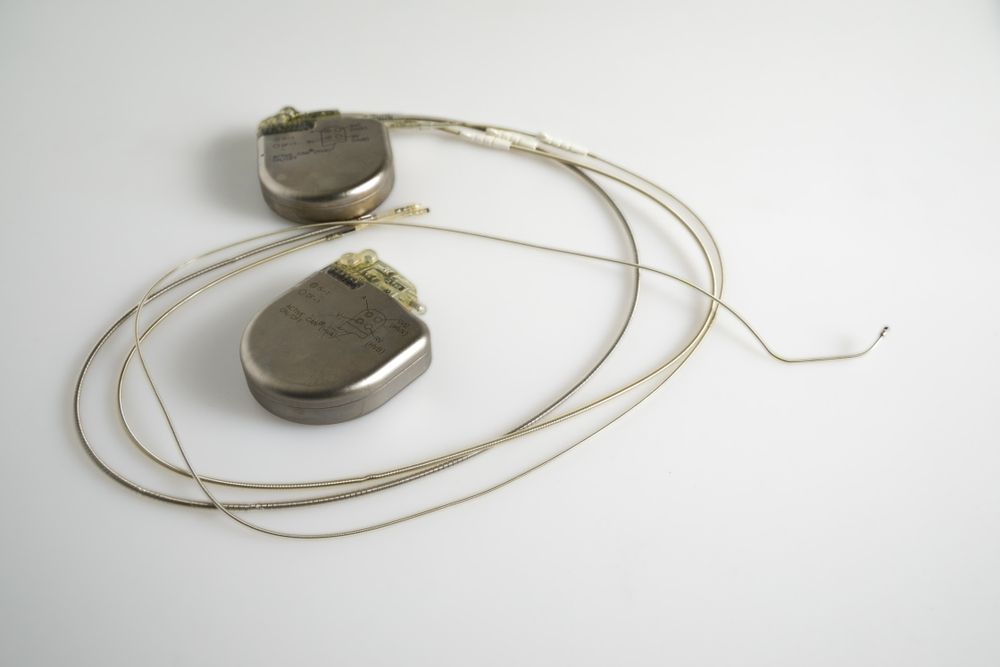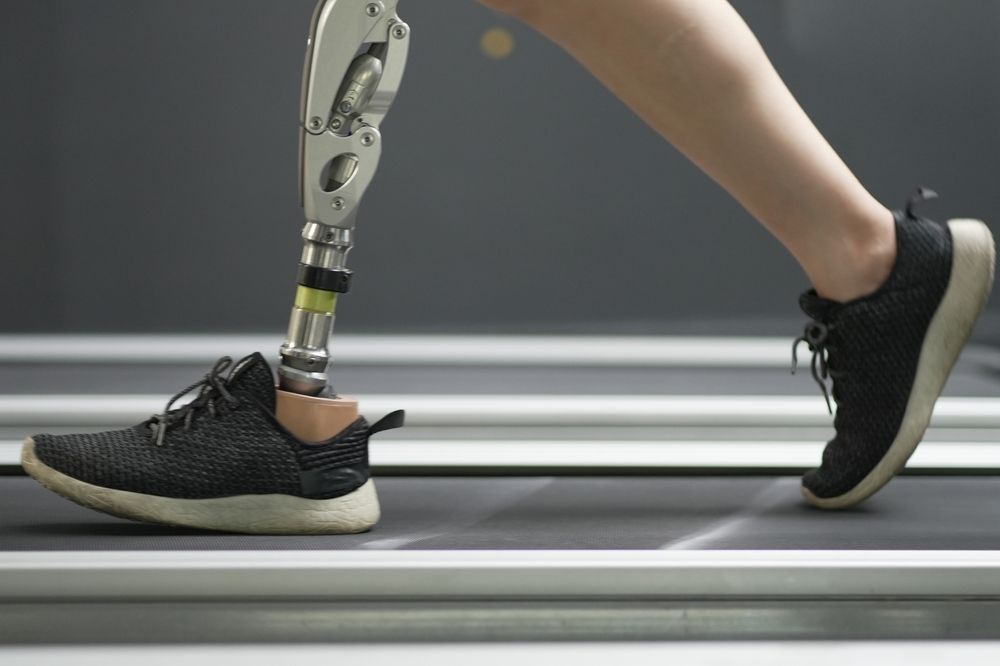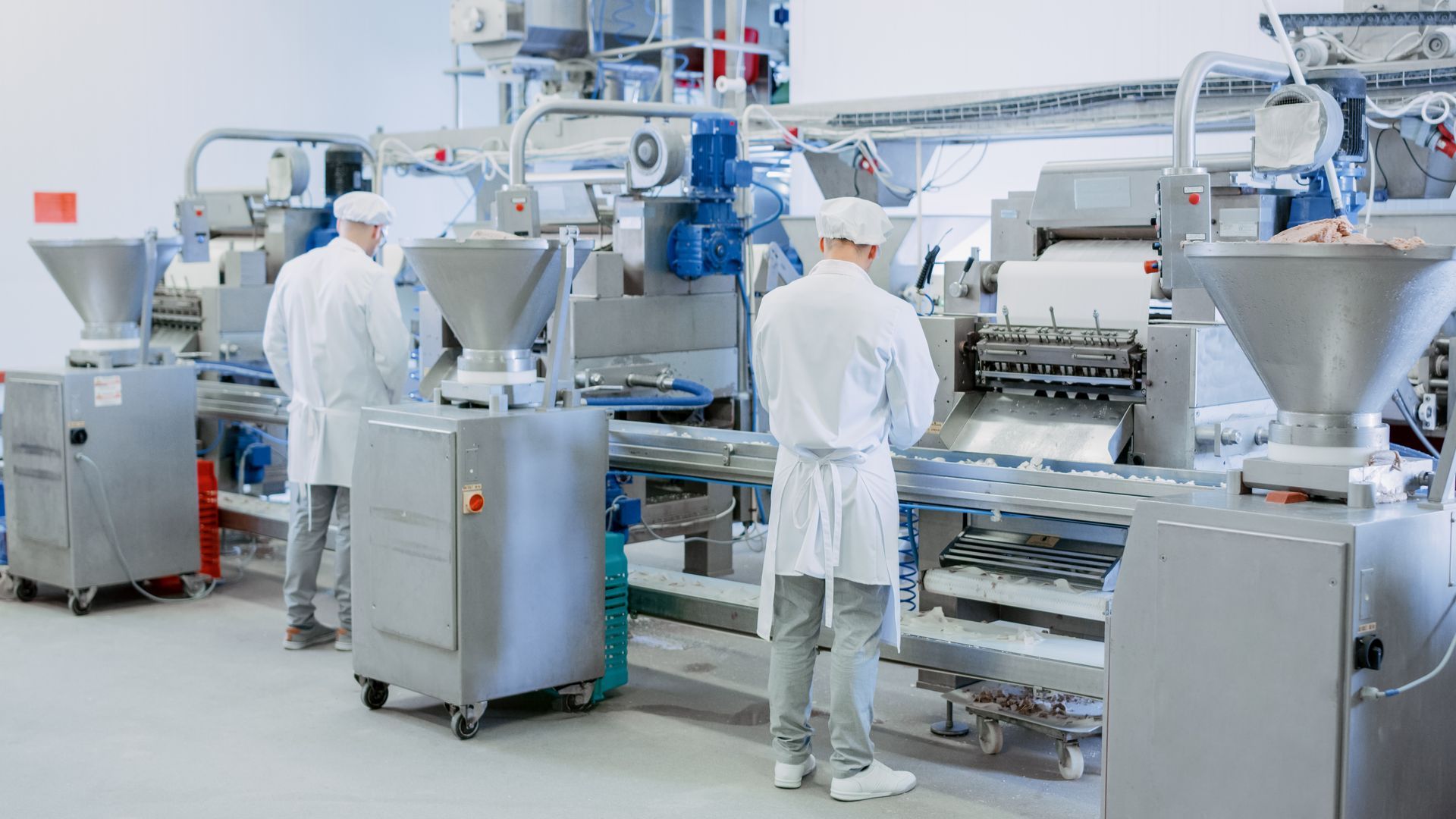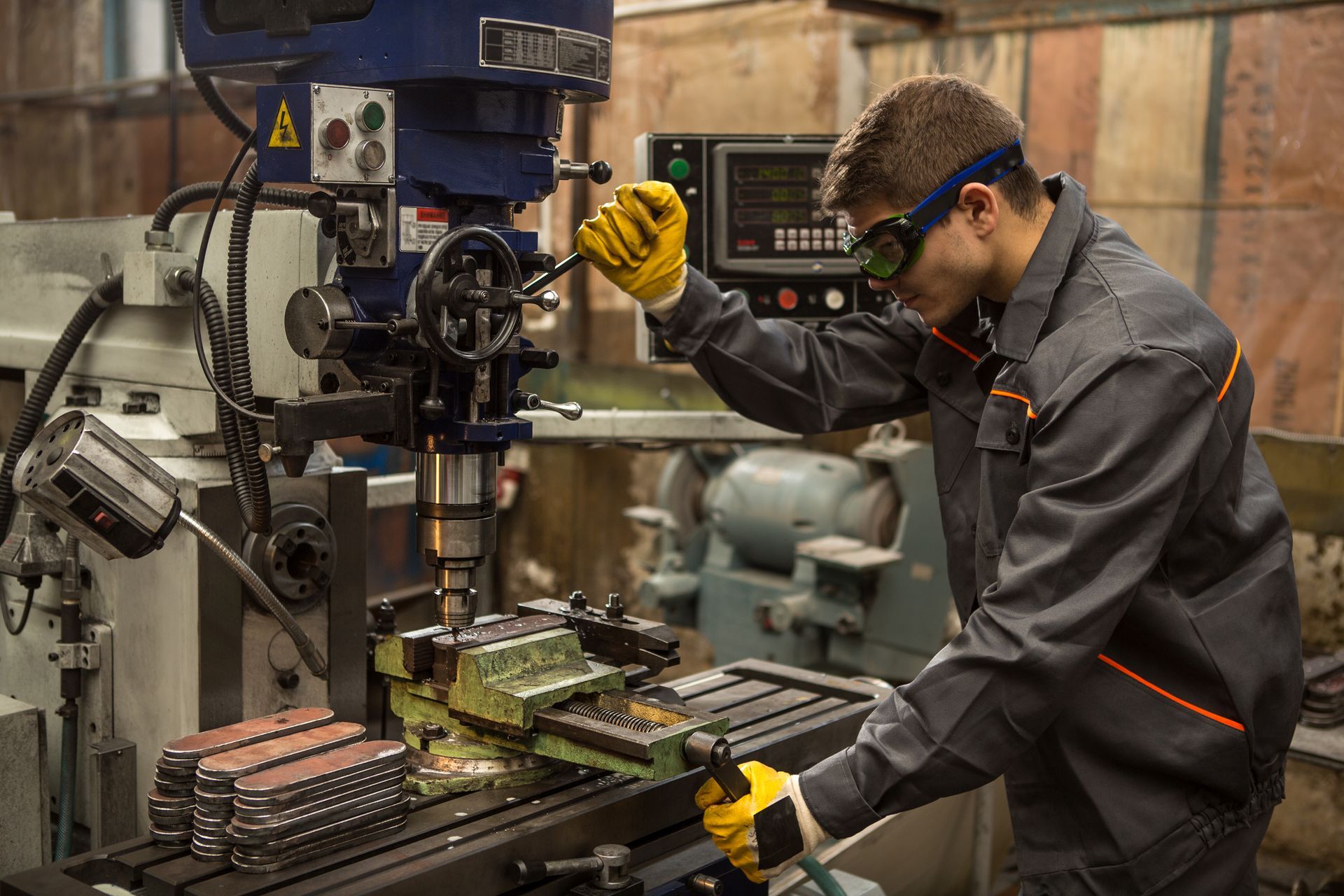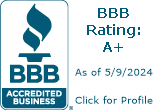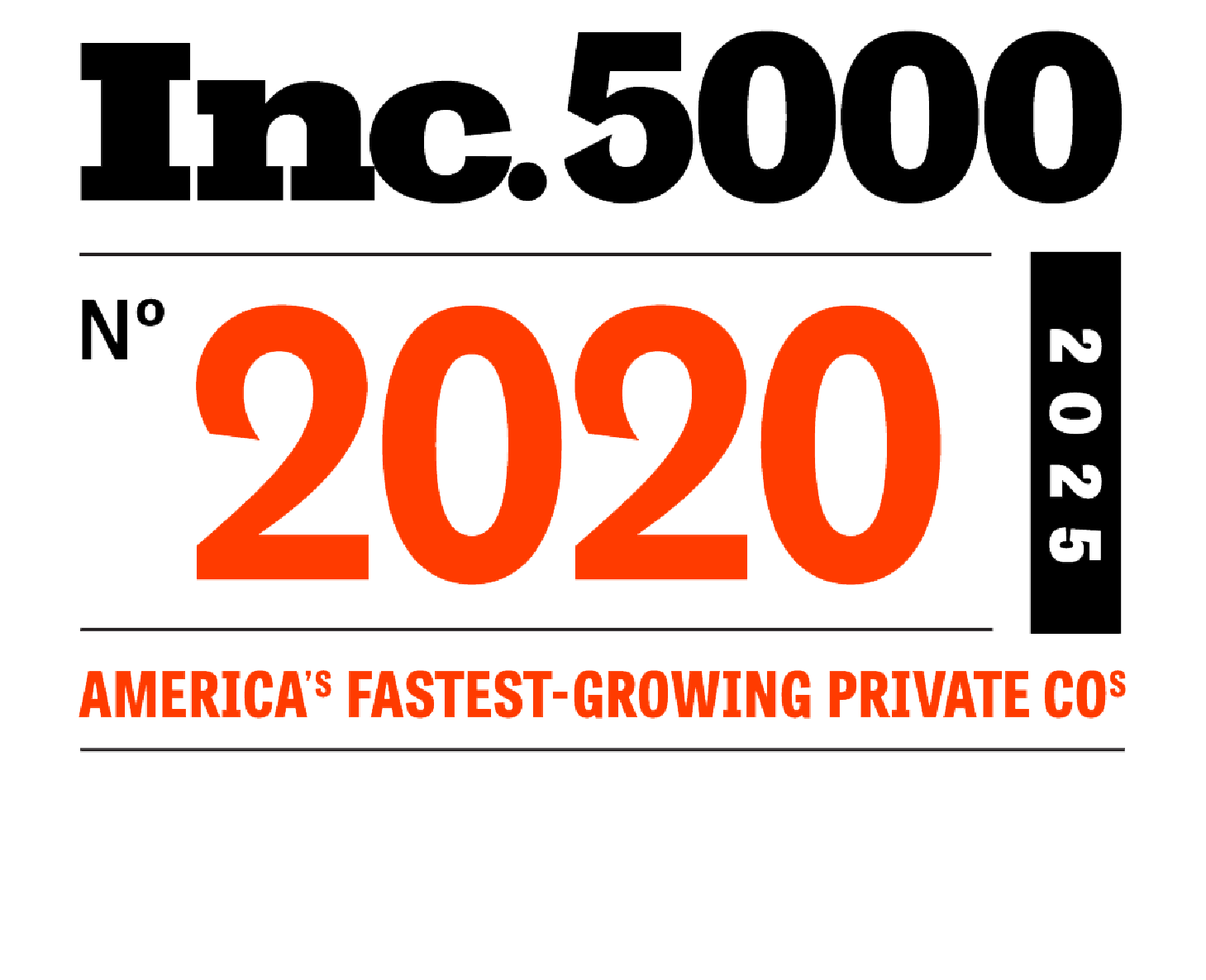South Carolina Sales Tax Exemption for Manufacturers
Written by: Mike Martin
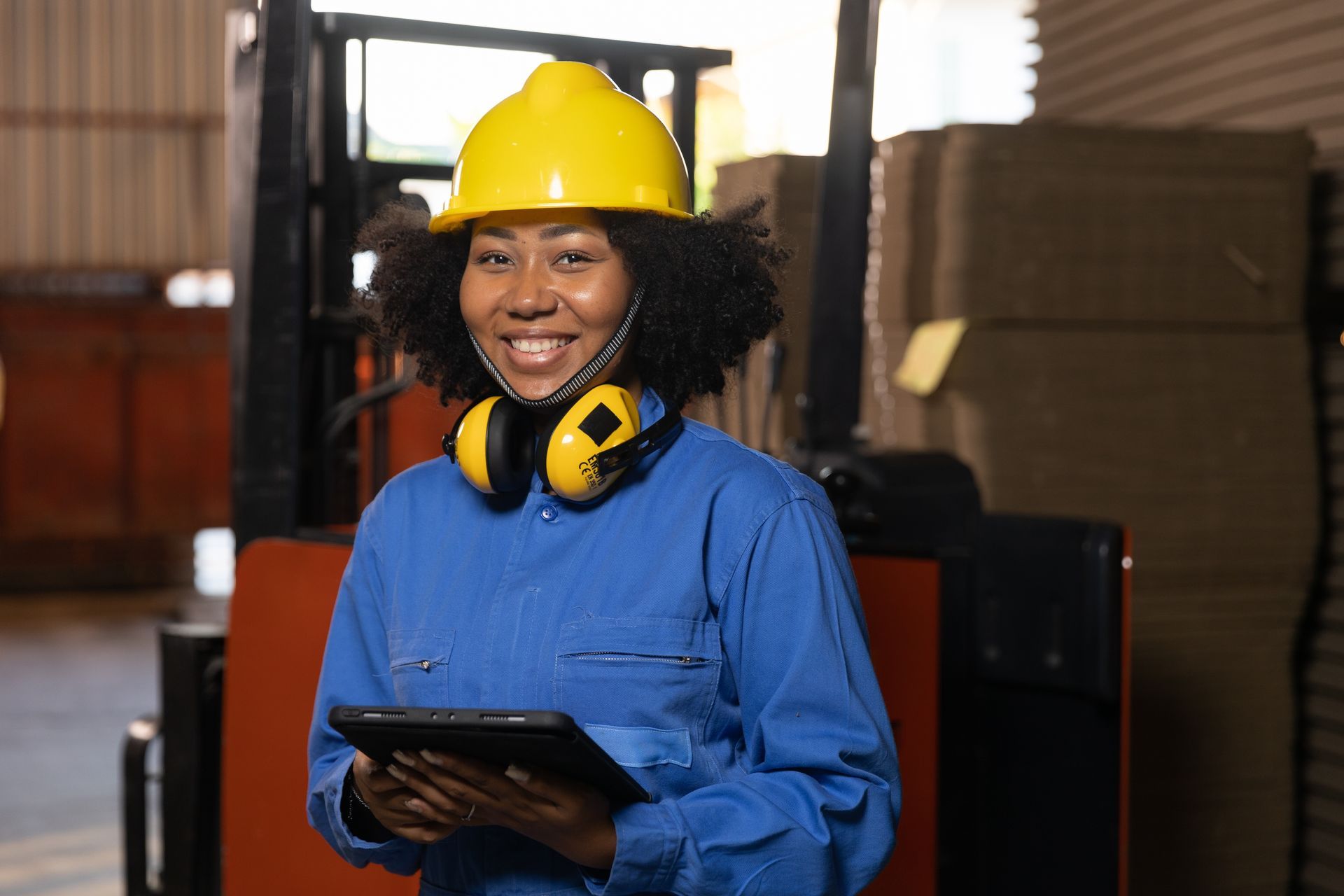
The South Carolina sales tax exemption for manufacturers is very broad and covers all businesses that are involved in processing, compounding, and mining. To qualify for exemption, machinery and equipment must be “integral and necessary” to the manufacturing process and must be used at a manufacturing facility. Additionally, in order to qualify, the machinery or equipment must be part of an “essential and indispensable” part of the manufacturing process and be substantially used in the production process. South Carolina defines substantially to mean that the machinery or equipment must be used more than one-third of the time performing a manufacturing task per S.C. Code Regs. 117-302(5)(b). This one-third substantial use requirement is lower than most other states that have a minimum 50% use requirement. As a final requirement, the product being manufactured in this process must be held for sale upon completion. If the machinery and equipment meet all of these criteria, then the South Carolina sales tax exemption for manufacturers will apply.
When Does Manufacturing Begin and End in South Carolina?
The South Carolina sales tax exemption for manufacturers is applicable to items that are used in the manufacturing process and excludes items that are used before manufacturing commences or after manufacturing is considered to be concluded per South Carolina’s definition of the manufacturing process. Manufacturing begins with the introduction of raw materials to the first processing stage or machine. In South Carolina, manufacturing ends after finished goods are transported to a warehouse for storage. For example, machinery and equipment involved in the receipt and initial storage of raw materials awaiting their time to be placed into production would fall outside the purview of this exemption. When a forklift, for example, removes the raw material from storage and places them into production, that would be the initiation of the manufacturing process in South Carolina. On the other end of the production process, machinery and equipment that takes the finished product from the final stage of production and places the items onto a warehouse floor would fall within the scope of manufacturing. However, if a forklift later takes that pallet of goods and loads it onto a truck for shipment to a wholesaler or retailer, that action would fall outside the defined manufacturing process and therefore not qualify for the South Carolina sales tax exemption for manufacturers.
Items That Will Qualify for the South Carolina Sales Tax Exemption Include:
- Ingredient or component parts of the item being manufactured for sale
- Machinery and equipment used in production (as described above)
- Repair and replacement parts for production machinery and equipment
- Consumable supplies such as grease, oil, and hydraulic fluid
- Material handling equipment, such as forklifts, if used in manufacturing
- Labor charges to repair or install machinery or replacement parts
- Labor charges to repair or install machinery or replacement parts
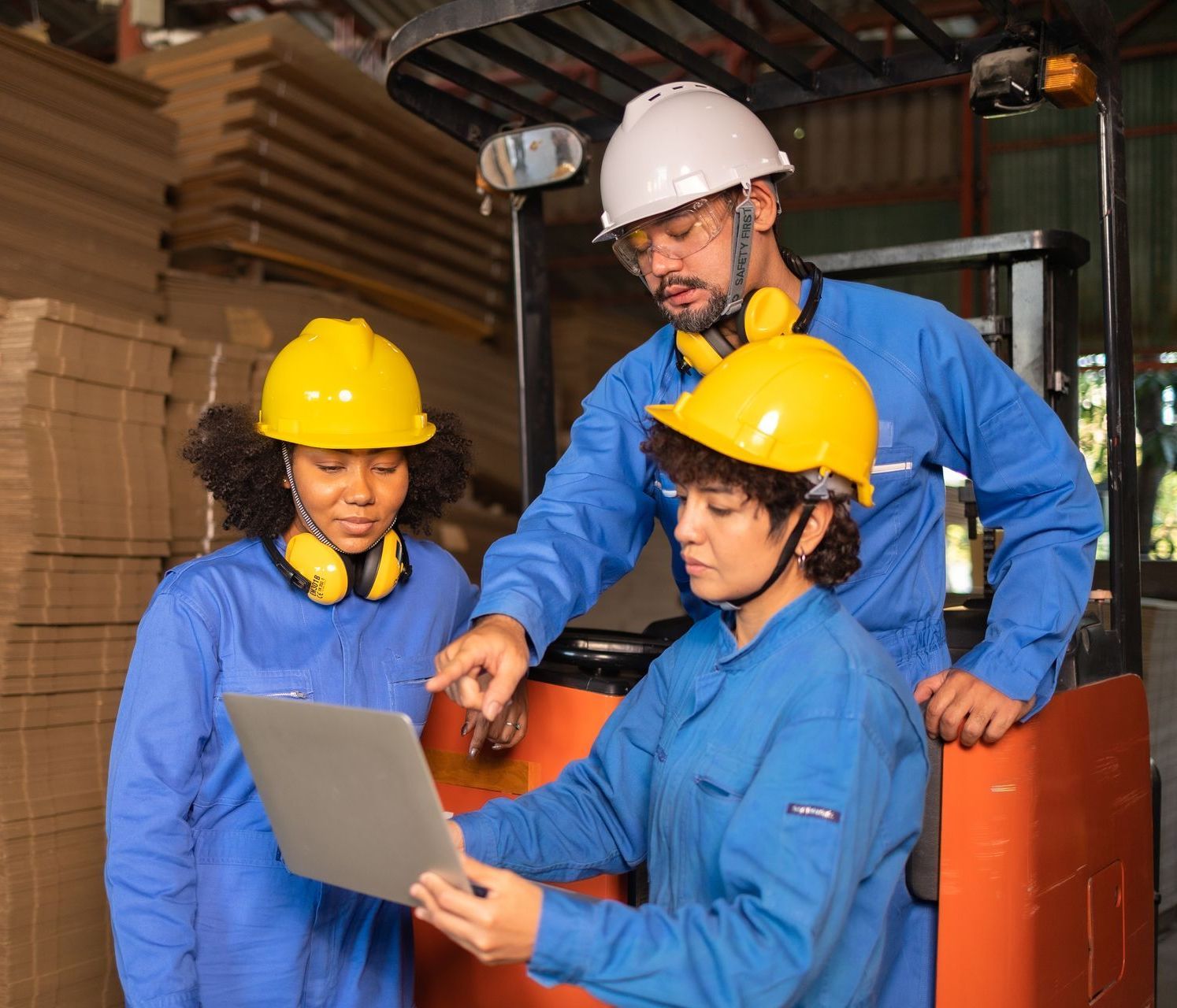
- Fuel and energy such as electricity and propane, if used within the manufacturing process
- Quality control tools, machinery or equipment that are used to test product samples
Items That Will Not Qualify for Exemption Include:
- Workers’ protective clothing
- Maintenance tools and equipment
- Storage equipment such as racks used to store raw or finished goods
- Real property and foundations that support exempt machinery
- Administrative machines, furniture, and supplies
- Machinery and equipment used less than one-third of the time in manufacturing
How to Claim the South Carolina Sales Tax Exemption for Manufacturing
The South Carolina sales tax exemption for manufacturers is easy to claim – just complete the “South Carolina Exemption Certificate – Form ST-8” and provide your vendors with a completed ST-8. A South Carolina manufacturer claiming an exemption on Form ST-8 will complete the top portion, and then choose the sixth “box” from the top for “Machinery used in manufacturing…” There are two pages associated with Form ST-8, so make sure that you are providing both pages to your vendors when purchasing exempt items.
How to Claim a Sales Tax Refund for Sales Tax Paid in Error to Sellers
A South Carolina manufacturer can claim a refund directly from the South Carolina Department of Revenue by completing a “Sales & Use Tax Refund Claim - Form ST-14”, or the South Carolina manufacturer can also complete the application online by going to MyDORWAY.dor.sc.gov. In addition to completing the refund claim form, the South Carolina manufacturer will also have to obtain a completed “Assignment of Rights to a Sales Tax Refund – Form ST-16” that essentially transfers the rights to the sales tax refund from the seller to the South Carolina manufacturer and will allow the South Carolina Department of Revenue to refund the sales tax directly to the South Carolina manufacturer.
Reach Out to Us with Questions
If you need assistance with a sales tax refund review or have any questions, comments or would like to discuss the specific circumstances you are encountering in regard to any sales and use tax issue, please contact a member of Agile Consulting Group’s
sales tax consulting team at (888) 350-4TAX (4829) or via email at info@salesandusetax.com.
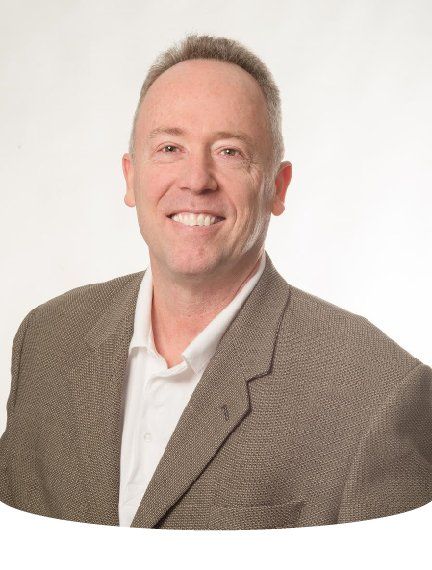
Mike Martin
Mike began his career in Indirect Tax with the Florida Department of Revenue in 1992, conducting compliance audits in Miami. He later transitioned to consulting and moved to Birmingham, AL, with his wife and their 3 dogs, where he worked with manufacturing clients and started his own consulting companies specializing in tax recovery projects.
